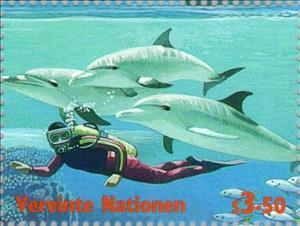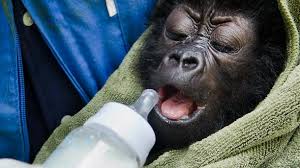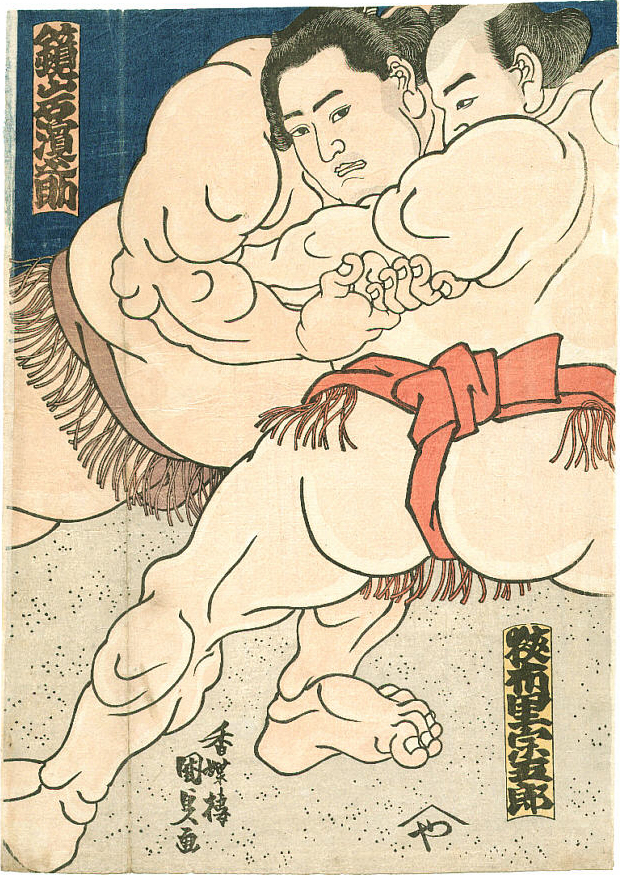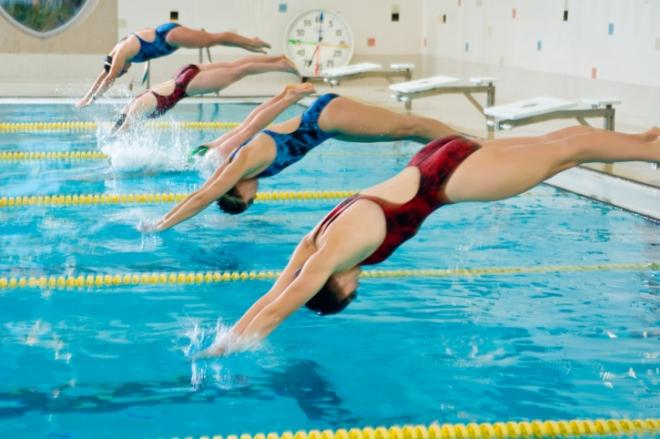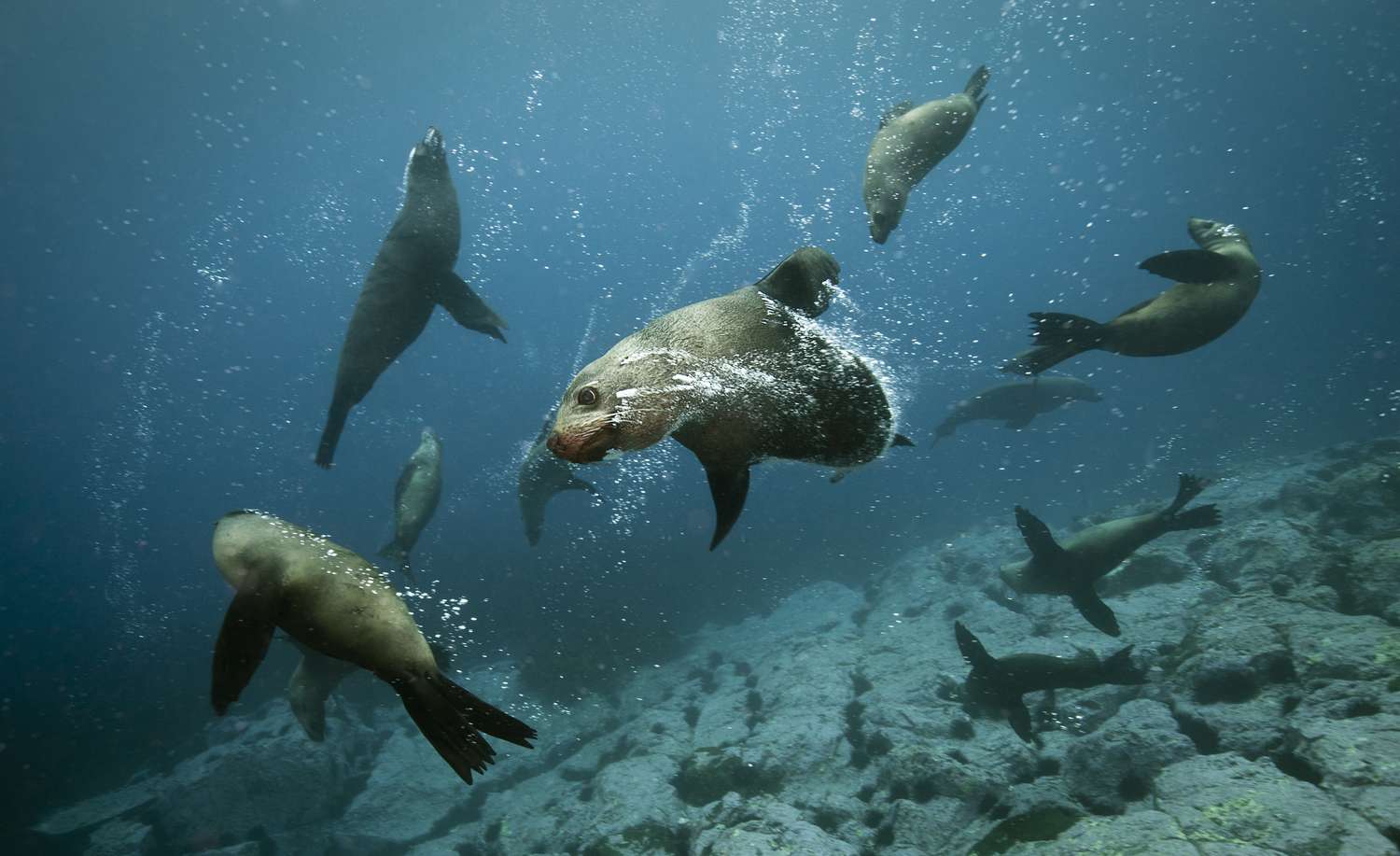Stamp: Int. Year of the Ocean (UNO Vienna 1998)
Int. Year of the Ocean (UNO Vienna 1998)
01 January (UNO Vienna ) within release Int. Year of the Ocean goes into circulation Stamp Int. Year of the Ocean face value 3.50 Austrian schilling
| Stamp Int. Year of the Ocean in catalogues | |
|---|---|
| Michel: | Mi:NT-WN 254 |
Stamp is square format.
Also in the issue Int. Year of the Ocean:
- Stamp - Int. Year of the Ocean face value 3.50;
- Stamp - Int. Year of the Ocean face value 3.50;
- Stamp - Int. Year of the Ocean face value 3.50;
- Stamp - Diving Saucer face value 3.50;
- Stamp - Int. Year of the Ocean face value 3.50;
- Stamp - Remotely operated Vehicle face value 3.50;
- Stamp - Int. Year of the Ocean face value 3.50;
- Stamp - Int. Year of the Ocean face value 3.50;
- Stamp - Int. Year of the Ocean face value 3.50;
- Stamp - Int. Year of the Ocean face value 3.50;
- Stamp - Int. Year of the Ocean face value 3.50;
- Stamp - Int. Year of the Ocean face value 3.50;
|
Data entry completed
46%
|
|
|---|---|
| Stamp Int. Year of the Ocean in digits | |
| Country: | UNO Vienna |
| Date: | 1998-01-01 |
| Emission: | Commemorative |
| Format: | Stamp |
| Face Value: | 3.50 Austrian schilling |
Stamp Int. Year of the Ocean it reflects the thematic directions:
Special Occasions
Mammals are any vertebrates within the class Mammalia (/məˈmeɪli.ə/ from Latin mamma "breast"), a clade of endothermic amniotes distinguished from reptiles (including birds) by the possession of a neocortex (a region of the brain), hair, three middle ear bones and mammary glands. All female mammals nurse their young with milk, secreted from the mammary glands. Mammals include the largest animals on the planet, the great whales. The basic body type is a terrestrial quadruped, but some mammals are adapted for life at sea, in the air, in trees, underground or on two legs. The largest group of mammals, the placentals, have a placenta, which enables the feeding of the fetus during gestation. Mammals range in size from the 30–40 mm (1.2–1.6 in) bumblebee bat to the 30-meter (98 ft) blue whale. With the exception of the five species of monotreme (egg-laying mammals), all modern mammals give birth to live young. Most mammals, including the six most species-rich orders, belong to the placental group. The largest orders are the rodents, bats and Soricomorpha (shrews and allies). The next three biggest orders, depending on the biological classification scheme used, are the Primates (apes and monkeys), the Cetartiodactyla (whales and even-toed ungulates), and the Carnivora (cats, dogs, seals, and allies).
Sports, are all usually forms of competitive physical activity or games which, through casual or organised participation, aim to use, maintain or improve physical ability and skills while providing enjoyment to participants, and in some cases, entertainment for spectators. Usually the contest or game is between two sides, each attempting to exceed the other. Some sports allow a tie game; others provide tie-breaking methods, to ensure one winner and one loser. A number of such two-sided contests may be arranged in a tournament producing a champion. Many sports leagues make an annual champion by arranging games in a regular sports season, followed in some cases by playoffs. Hundreds of sports exist, from those between single contestants, through to those with hundreds of simultaneous participants, either in teams or competing as individuals. In certain sports such as racing, many contestants may compete, each against each other, with one winner.
Water sports or aquatic sports are sports activities conducted on waterbodies and can be categorized according to the degree of immersion by the participants.
Marine mammals are mammals that rely on marine (saltwater) ecosystems for their existence. They include animals such as cetaceans (whales, dolphins and porpoises), pinnipeds (seals, sea lions and walruses), sirenians (manatees and dugongs), sea otters and polar bears. They are an informal group, unified only by their reliance on marine environments for feeding and survival.
Diving is the sport of jumping or falling into water from a platform or springboard, usually while performing acrobatics. Diving is an internationally recognized sport that is part of the Olympic Games. In addition, unstructured and non-competitive diving is a recreational pastime.
Animals are multicellular, eukaryotic organisms of the kingdom Animalia (also called Metazoa). All animals are motile, meaning they can move spontaneously and independently, at some point in their lives. Their body plan eventually becomes fixed as they develop, although some undergo a process of metamorphosis later on in their lives. All animals are heterotrophs: they must ingest other organisms or their products for sustenance.
